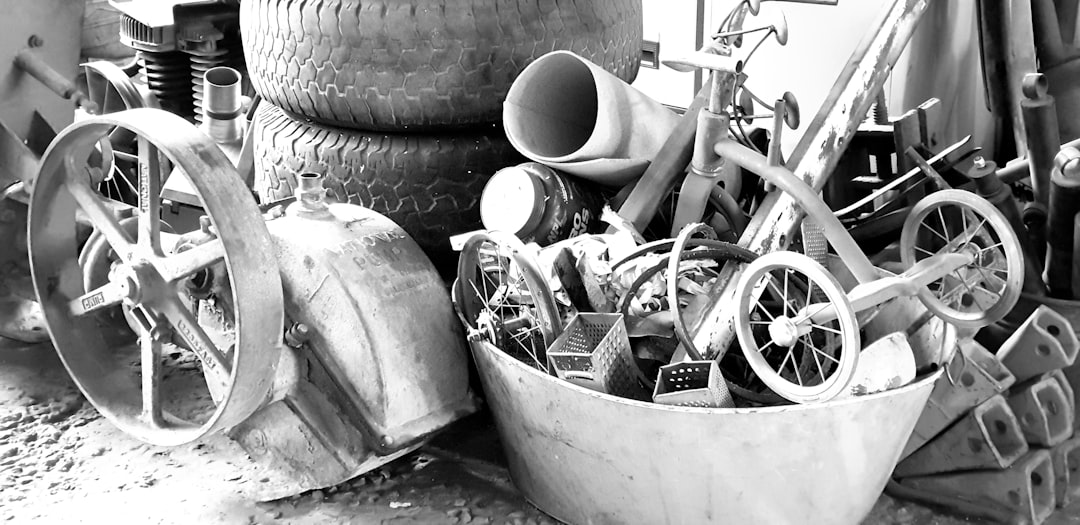
The automobile industry is a cornerstone of modern-day transportation, and at the heart of this industry are skilled specialists referred to as auto mechanics. These individuals play a vital duty in guaranteeing that cars operate securely and efficiently. With the constant improvements in technology and automobile design, the demand for experienced mechanics continues to expand. This post will check out the skills required for grease monkey, the difficulties they face, and the prospective career paths offered in this vital field.
To succeed as an auto mechanic, one must have a varied skill set that combines both technological understanding and functional knowledge. Fundamental abilities include diagnostics, repair work, and maintenance of various vehicle systems, including engines, brakes, transmissions, and electric systems. Additionally, a strong understanding of computer system systems in contemporary cars is becoming progressively important, as many brand-new automobiles use advanced technology to monitor efficiency and diagnose issues. Continual education and learning and training are essential for technicians to keep updated with the current automotive patterns and innovations.
While the duty of a grease monkey can be gratifying, it also features its own set of obstacles. Mechanics usually operate in literally requiring environments, dealing with heavy machinery and components that can be troublesome. They might also be needed to operate in uneasy placements for prolonged periods. In addition, the job usually involves analytical under pressure, with customers looking for fast and effective options to their car concerns. The capacity to interact properly with clients and discuss complicated issues in simple terms is another vital ability for success in this field.
The career path for auto mechanics can differ widely, with chances for improvement readily available to those who want to boost their certifications. Entry-level mechanics can start their professions out of commission shops, dealers, or even as pupils under seasoned professionals. With experience, mechanics can specialize in details locations, such as diesel engines, body fixing, or performance tuning. Additionally, several experienced technicians choose to discover management roles, such as solution managers or store owners, where they can lead a team and take care of service operations.
In conclusion, becoming an auto mechanic needs a dedication to learning and adapting to an ever-changing sector. It is a career full of chances for skill advancement and development, interesting those that appreciate hands-on job and solving mechanical troubles. For those taking into consideration an occupation as an auto mechanic, the combination of technological training, practical experience, and continuous education can pave the way for an effective and fulfilling occupation in the auto field.